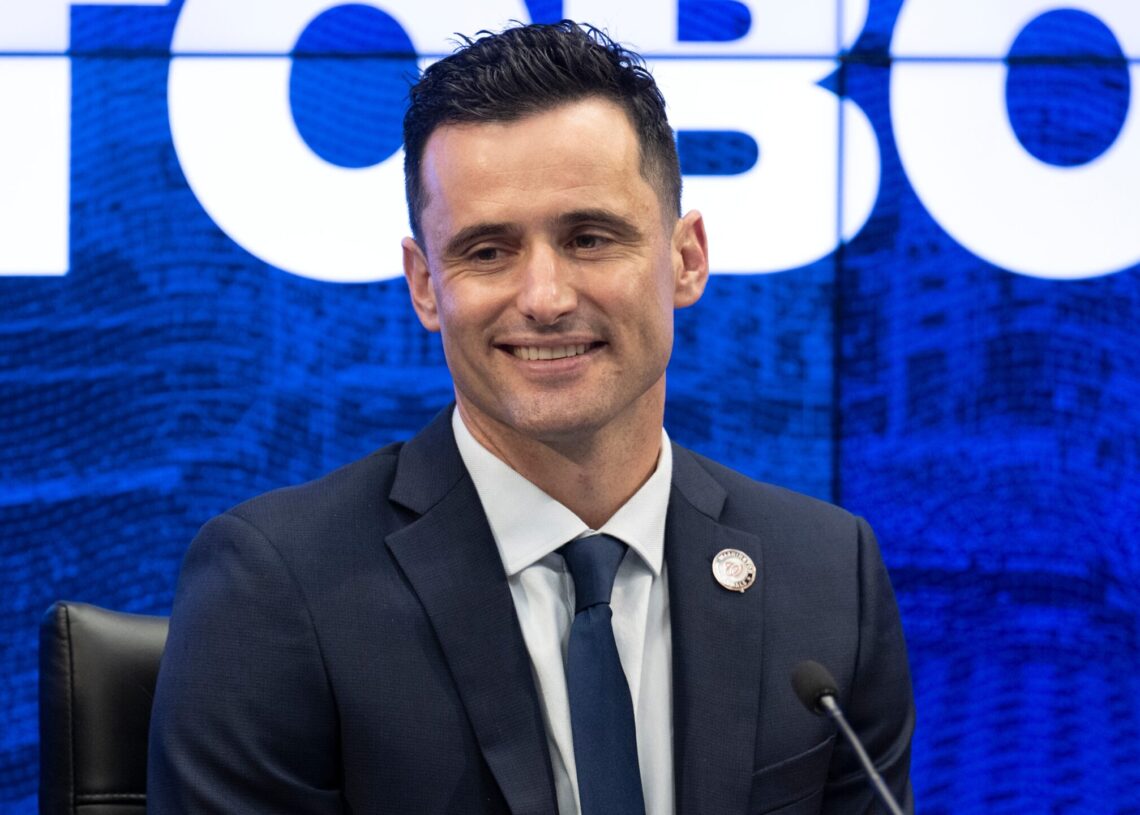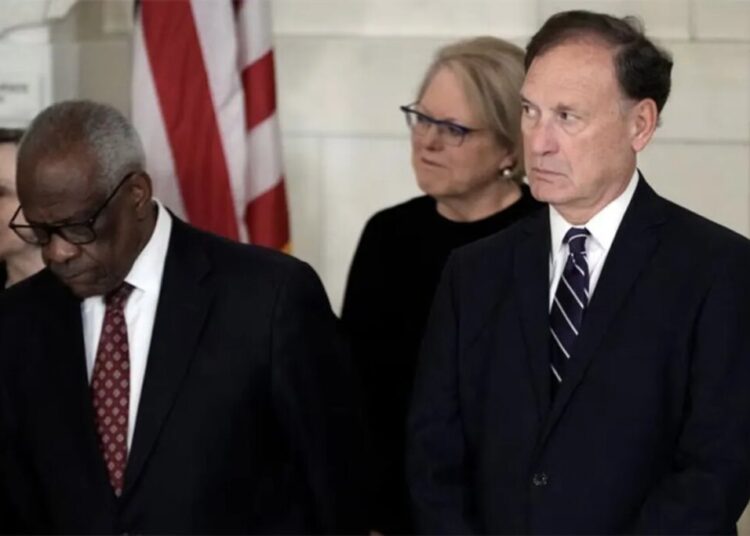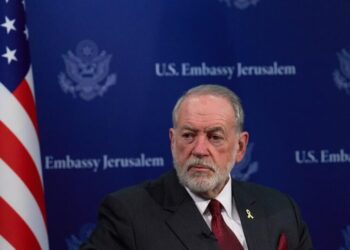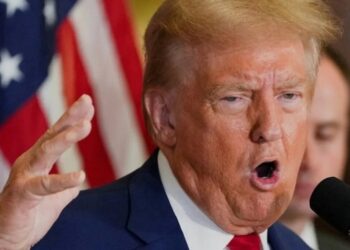LAS VEGAS — Paul Toboni, the Washington Nationals’ new president of baseball operations, is walking a tough line during his first time in the big chair at MLB’s general managers meetings. He has a desirable commodity in left-hander MacKenzie Gore, but he also wants to win sooner rather than later.
LAS VEGAS — Paul Toboni, the Washington Nationals’ new president of baseball operations, is walking a tough line during his first time in the big chair at MLB’s general managers meetings. He has a desirable commodity in left-hander MacKenzie Gore, but he also wants to win sooner rather than later.
On Tuesday, Toboni said he will listen to all offers that come his way. He would be “dumb” not to, he said, but he stressed that the front office is by no means guaranteed to move Gore or any other major leaguers this offseason. They have to sell a compelling vision to the young core but cannot cheat the process (or the timeline) of what it will take to get back to October.
One person familiar with the Nationals’ discussions expects teams to call with serious offers in the coming weeks, though any trades probably wouldn’t transpire until more of the Nationals’ front office and coaching staff is set. That could be a ways away.
Gore is expected to be one of the most prominent pitchers on the trade market this offseason, though the Nationals are likely to seek pitching help externally regardless of whether he is moved.
“Just incredibly fortunate to have him in our organization,” Toboni said. “I think the world of MacKenzie as a player and as I’ve gotten to know him a little bit over the course of the last few weeks.”
One major consideration: Toboni believes Gore — among others in the organization — has another level he can reach, and he believes the staff that the team is building in Washington should help him reach his full potential.
Gore, who will be 27 in spring training, was named an all-star for the first time in 2025, when he took the mantle as the Nationals’ ace and enjoyed a strong first half. For the second consecutive year, however, he struggled in the season’s second half.
Another major consideration: Washington has to evaluate its competitive window, with Gore (who is represented by the extension-averse Scott Boras) set to reach free agency after the 2027 season and a potential work stoppage looming after the 2026 season.
Gore is an easy sell to other clubs. He has the stuff that one expects out of a frontline starter and grew into more of a leadership role this past season. For a time, he led baseball in strikeouts, and he took a 3.02 ERA into the all-star break, suggesting he had turned a corner from potential ace to the real thing. He wobbled in the second half, with his strikeouts dipping and his ERA finishing at 4.17, but his first three months of 2025 delivered on the promise of his arrival from San Diego in the Juan Soto trade in 2022.
Barring injury, a team could have him for two postseason runs.
Toboni added that the Nationals will not pigeonhole themselves to any sort of prospect profile in acquiring talent, whether that be a player’s position or his proximity to the majors. He also hinted that Gore is not the only player he expects teams will call about.
Though not named explicitly by Toboni, CJ Abrams also could garner some interest, given his impressive offensive profile and Washington’s depth at shortstop in the minor leagues.
“We’re in the business right now of just bringing in as much value as we can to the organization,” Toboni said. “However that may look, we’ll stay disciplined to that.”
The Nationals also are in the business of retaining talent. When asked about contract extension conversations, Toboni said he hopes they will materialize.
“These extensions get done when really good relationships have been formed and there’s a level of trust on both sides,” he said. “The last thing we want to do is sign a player to an extension, and then you look down the line and either side is like: ‘What the heck? I’m really upset that I’ve reached that deal.’”
Though Toboni said he does not yet have a sense of whether major league payroll (which ranked 24th last year, according to Spotrac) will increase or decrease in 2026, he did say that he felt he had the freedom to decide how to spread the budget.
“It’s an ongoing conversation with [ownership],” Toboni said of payroll. “And once again, I feel supported, and I feel good about where we’re at.”
Still, he has been in charge for only about six weeks. The 35-year-old pledged to move the big rocks first and has since hired two assistant general managers, a special assistant, a manager and three major league coaches. These are his first GM meetings as a central figure and, as such, he is using it partially as a fact-finding exercise.
While deals are rarely finalized this early in the offseason, executives have extensive conversations about whom they’re interested in and what they’re permitted to do. Toboni also has been hesitant to set any sort of timeline, yet his message to players will not change, he said.
“We’re all in on competing ASAP, and we’re going to maximize whatever potential you have as a player,” Toboni said. “Whether I’m talking to MacKenzie or James [Wood] or Dylan [Crews] or whoever, the messaging is ‘Let’s go out there and compete our tails off to try and make a run.’”
The post Paul Toboni makes one thing clear: The Nats are open for business
appeared first on Washington Post.




